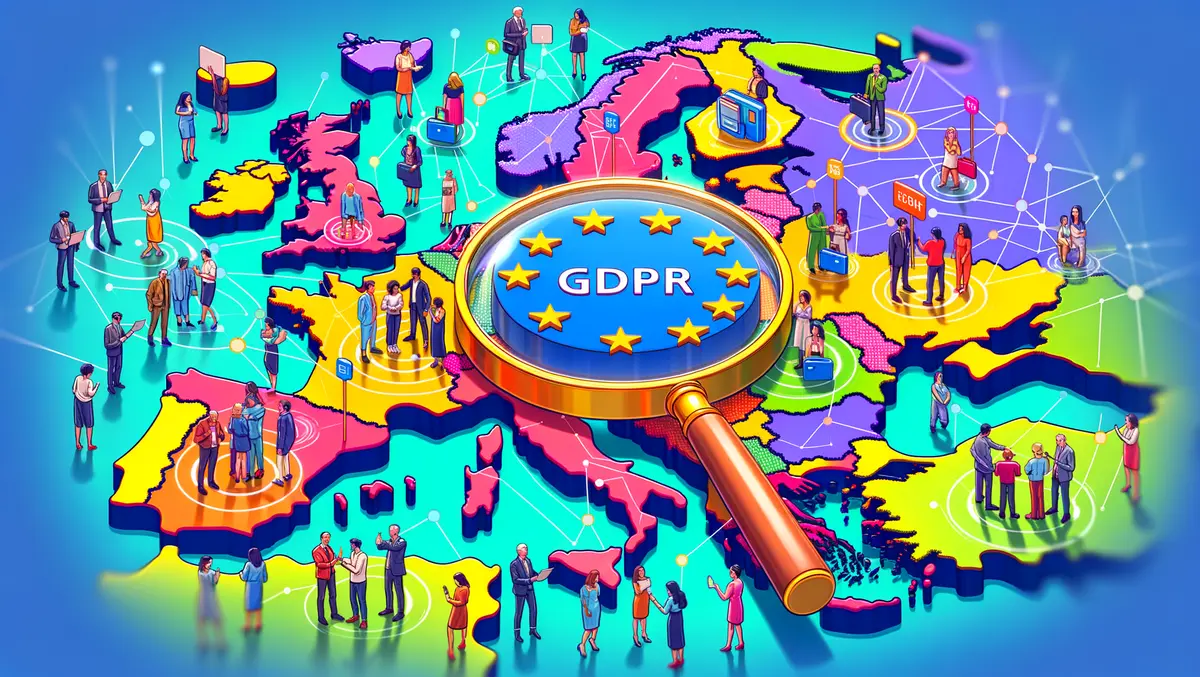
New survey explores GDPR compliance benefits across Europe
Piwik PRO, a significant player in the data analytics and activation sector, has unveiled a new survey examining the repercussions of GDPR adherence on businesses throughout the European Union (EU). Conducted with participation from over 1,800 companies, the survey not only outlines regional variations in GDPR compliance but also provides invaluable insights into the global landscape of data privacy practices.
Among the companies surveyed, those compliant with GDPR appear to enjoy notable advantages in consumer trust and regulatory adherence. Piwik PRO's platform, renowned for its extensive privacy features, provides solutions designed to facilitate compliance, thereby aiding businesses in aligning with international standards and bolstering customer confidence.
The survey's findings differ significantly across various EU nations:
- In Denmark, an impressive 68% of companies cited building trust with consumers as the main incentive for GDPR compliance, with 32.7% noting a positive impact on their operations due to these efforts.
- Dutch firms are leading the charge in adopting GDPR-compliant marketing technologies, with 69% preferring EU technology solutions over major tech products.
- French enterprises place substantial emphasis on customer data protection, with 57% utilising consent as the primary legal basis for data processing.
- In Germany, 82.3% of companies recognise cultivating consumer trust as the chief motivation for GDPR adherence, and 76% report that the requirements are straightforward to implement.
- Swedish businesses highlight GDPR's role in boosting operational transparency, with 70.3% opting for European marketing technology alternatives to achieve compliance.
Piotr Korzeniowski, CEO of Piwik PRO, remarked on the international implications of these findings: "While GDPR sets a high standard, it's important for US companies to understand these principles can guide strategic enhancements in data privacy practices, even if the full scope of GDPR is not necessary domestically. This survey underscores the potential for GDPR-informed strategies to not only meet regulatory expectations but also to strengthen customer relationships and competitive positioning."


